World Vision’s Elda Spaho writes about child protection and the programs World Vision supports in Albania that help abused and abandoned children. Read Catherine’s story and the poem she wrote to her absent mother.
* * *
I first learned of Catherine’s story through a standard report. “Abnormal behavior” was observed, it said. Catherine did not want to stay with the children of her age group. Instead, she liked to stay with adults.
Before the organization’s staff could discuss the case and follow-up, the police announced her disappearance. “[The] father admitted that he had used violence,” read the report. “The child left home again in January for two days.”
Today, the “case” stands before me. She is a 12-year-old girl with shining eyes, a small face, and a dense head of wavy hair. She is a beautiful and curious child. She asks what will happen with things she tells me.
I explain that I will write a story for adults in the hope that, after reading it, they will treat children better.
This is Catherine’s story: She was abandoned by her mother and abused by her father. Even so, she longs to be loved by them. She came to the center where she now lives, the SOS Children’s Village, almost a year ago. Before, she had bounced between child protection units, shelters, and the home of her grandmother.
Over the past 12 years, Catherine’s mother has never asked for her children. There have been no letters or phone calls for Catherine. Ironically, Catherine’s mother is the cause of her father’s aggression. “The main cause of the violence was the fact that the girl refuses to say any bad words about her mother. And only Catherine is abused, not her sisters,” says Arnita Ponari, a social worker from SOS Children’s Village.
To understand the natural bond between mother and child, even when the relationship is not reciprocated, one just needs to meet Catherine. Although she doesn’t remember her mother, she recently wrote her a poem:
Mother’s heart is welling
8 March is coming,
I feel her, hear her
When laughing, crying
All mothers have the same heart.
Cases like Catherine’s are common in Albania. Children are abused or neglected by their parents; they are orphans or extremely poor. Other children are beaten when they don’t obey. According to a recent UNICEF study, 52% of Albanian children are subject to violence.
Often, cases are reported by neighbors, civil societies, schools, or even by the minor herself to the Child Protection Unit (CPU). Once the report is made, a CPU employee visits the family to evaluate the situation.
If the parents do not recognize that there is a problem or have no desire to change their behavior, the child is removed. The initial separation is designed to last only a few days, with the hope that the parents would realize the gravity of the situation.
While the child is away, the adults continue to address the root causes of the violence; sometimes, the cause is the father’s unemployment or lack of money. In such cases, stress is often discharged to the children or wife. Usually, the commission seeks help from local authorities to provide a modest job or other economic assistance for the family. If parents request the return of their child, the children return home.
Many evenings, the children’s discussions drift to their parents. They try to explain. They try to understand. They cry.
This is what Catherine and her roommate do. They share their bedroom and their concerns. “We talk about our stories, remember our families, and then feel so much sadness,” she says. “The next day we go out and play, just to keep our mind out of that.”
Even in their games, the idea of family is central. “We play house and each of us takes the role of mom, dad, sister, or brother,” says Catherine. “Mom cooks and cares for the children. Dad goes to work. The brothers and sisters play happily,” she narrates. “I wish my daddy could change! I wish he hits me no more! Then, I can return home.”
Her father has yet to visit her. “Nobody stops him,” says the social worker.
The best solution is that children wouldn’t need to be removed from their homes — and Albanian parents would respect their children. Otherwise, even when they become part of a child protection system, children will continue to be sad. They will continue to write poems for moms they never had, moms they simply imagine, and they will continue to play house, trying to forget what their house was like. This is how children like Catherine cope.
* * *
World Vision began working in Albania in 1999, providing relief operations in response to the Kosovo refugee crisis.
World Vision is committed to partnering with the people of Albania to improve their lives and help enact sustainable solutions for the future of their children. World Vision’s child sponsorship program plays a vital role in this partnership, with donors from the United States sponsoring more than 12,200 girls and boys.
World Vision also operates other programs that benefit communities in Albania. Highlights include meeting the psychosocial and economic needs of children living and working on the streets; enabling more than 8,000 children to attend life-changing summer camps; and training parents on positive child-rearing practices.
Consider sponsoring a child in Albania today. Your ongoing support will help provide a child and his or her family and community with life-saving basics, including protection from exploitation, abuse, and neglect.
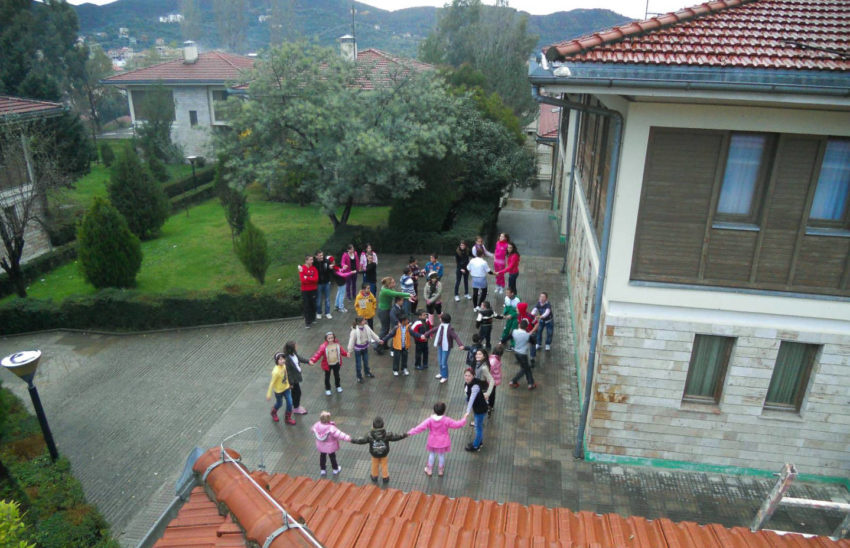
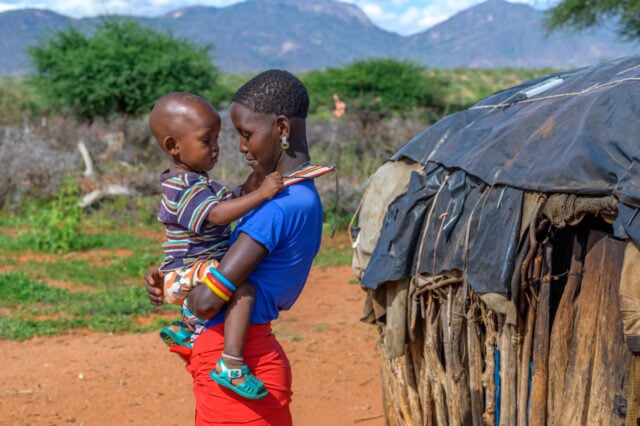
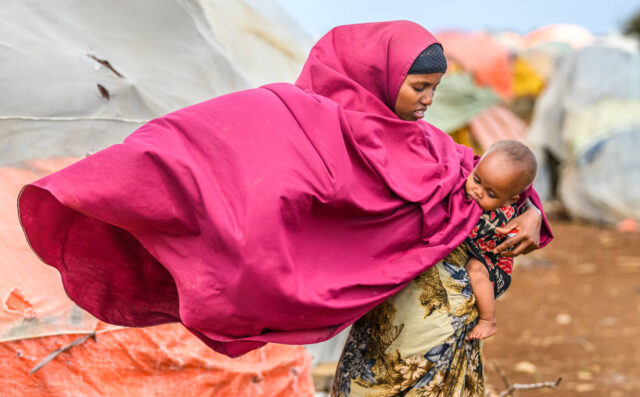
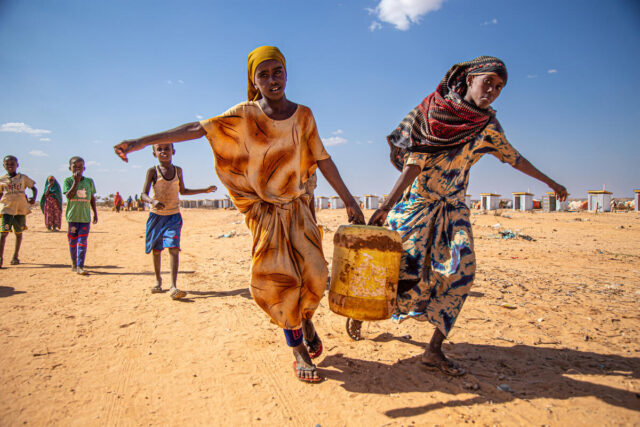
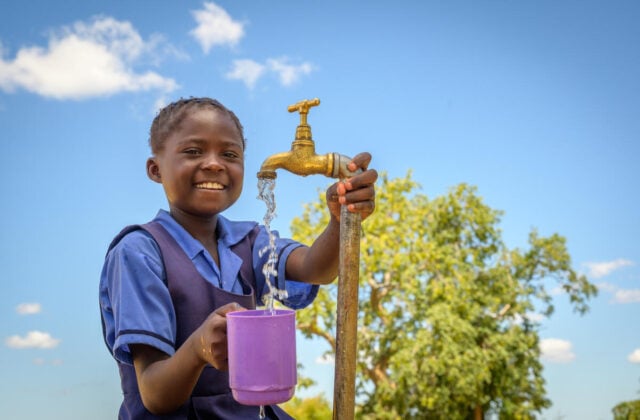
Comments